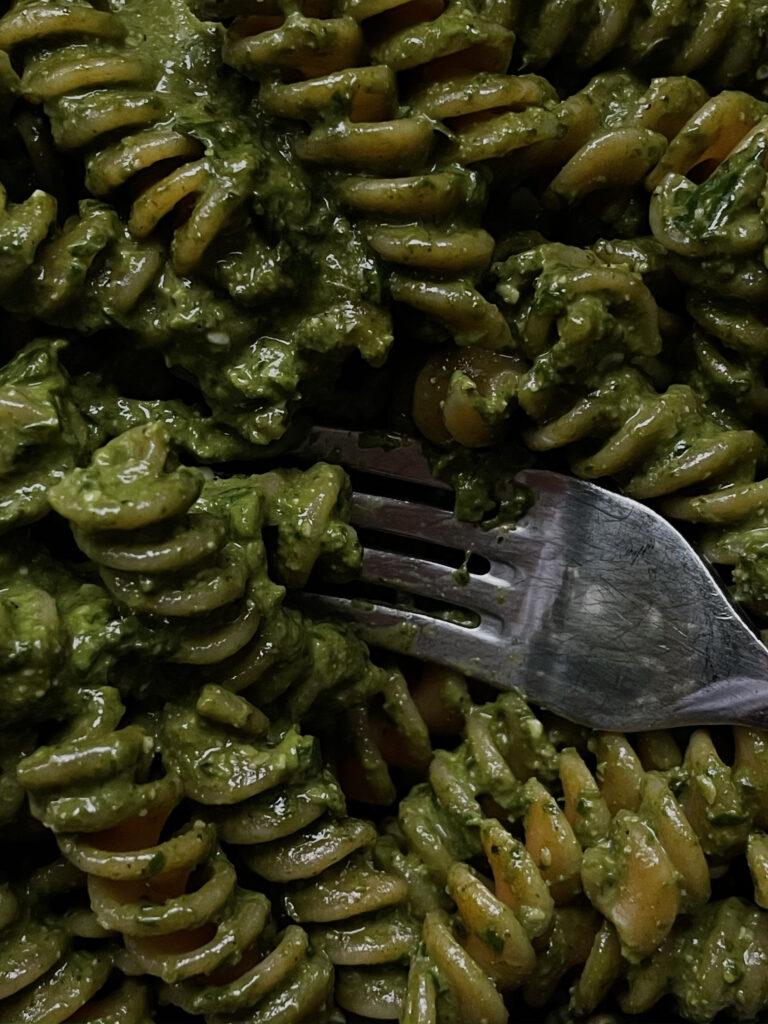Nettle is one of the most powerful (not-so-known) superfoods out there! This herb owes its ‘super power’ to the richness of minerals, including iron, potassium, magnesium, and zinc.
Inside The Body: Drinking and eating nettle
Anemia – Nettle is loaded with iron and this makes this plant an optimal natural treatment in case of low iron in the blood or a condition called anemia. Good blood iron levels are necessary for the proper transport of oxygen throughout the body. Without enough oxygen reaching our tissues, the cells would not be able to produce energy (aka cellular respiration) and would not stay alive, speeding up aging processes and increasing the risk for illnesses.
Irregular Period – Nettle should be incorporated in case of an irregular period for two main reasons. Firstly, an irregular or missing period causes your bones to weaken and lose mass, leading to irreversible damages if untreated. Nettle is rich in calcium which is a must for bone health. Thus, ensuring adequate consumption of this mineral becomes crucial in preventing early osteoporosis (a condition in which bones become brittle and fragile). Secondly, nettle is also loaded with zinc and magnesium, which are instead “musts” for hormonal health. Zinc and magnesium help re-establish hormonal balance, aiding with getting your period back to regular.
Anti-inflammatory, Anti-acne & Anti-aging – Nettle is packed with potent antioxidants that help keep your body healthy and fight against inflammations over time. The anti-inflammatory properties of this herb are enhanced by its content of zinc which is one of the minerals with the most potent anti-inflammatory action. This is why nettle becomes highly beneficial to fight against acne from the inside.
Water retention – Due to the content of potassium, nettle can also help fight against water retention. Potassium helps with fluid balance inside the body and works by eliminating sodium in excess.
Kidney Tonic – Nettle has benefits on the kidneys and can be used to prevent UTI or the worsening of other inflammatory conditions. I recommend drinking it or eating it as soon as you feel slightly burning when you pee.
In The Kitchen
You can use nettle leaves to make teas, soups or pesto, or use them in any recipe that calls for spinach. You can also juice stalks and leaves and add them to juices and smoothies. Just remember to cook or dry your nettle leaves before consuming them to avoid getting a bite full of stringers.
NETTLE TEA: Add 25g of dried leaves to 500mL of boiling water. Let it seep for 15-20 minutes. Divide into 2-3 cups per day.
Outside The Body
When used topically, nettle is beneficial to treat different skin conditions, including dermatitis, acne, blemishes, rashes, bites, and stings.
Skincare
I suffered from acne for several years, and the turning point for my skin happened when I decided to switch to 100% natural skincare products. Today, nettle is a must in my skincare routine and I use it to prevent and treat breakouts.
Moisturizer: the beauty market offers some skincare products containing nettle, but my all-time fav is the plantago and nettle light moisturizer from Senself. I love it (and my skin does, too) because, differently from most products out there, it is made with basically only plant extracts and nettle is one of the main ingredients.
Anti-acne Tincture: in case of severe acne, you can also make your homemade anti-acne toner by mixing nettle leaf tincture with pure rose water (half and half). Apply at night right after cleansing, followed by niacinamide serum, a natural moisturizer, and your fav plant oil.
Notes *To avoid nettle consumption or discuss in further detail with your doctor if you have diabetes or kidney disease

Resources: